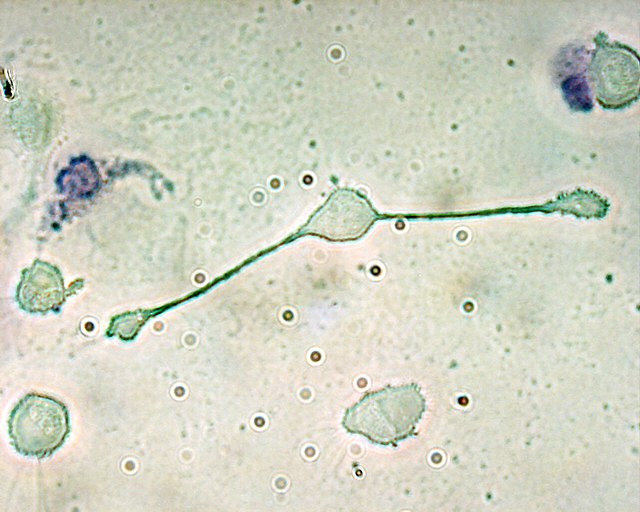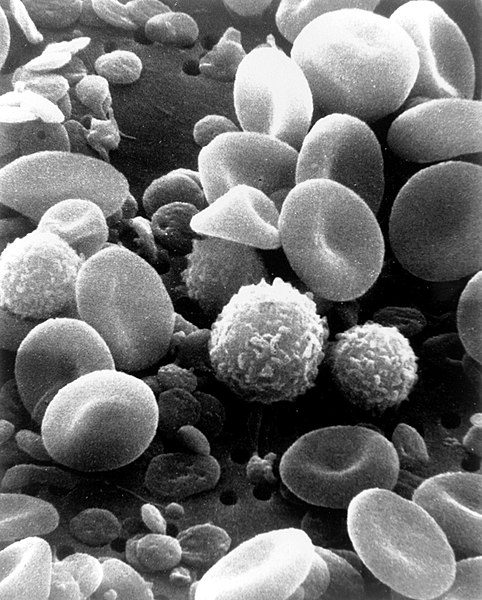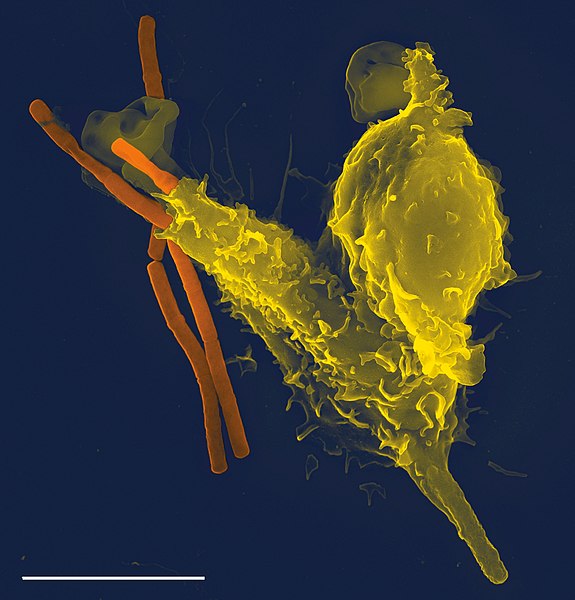Infinite photos and videos for every Wiki article ·
Find something interesting to watch in seconds
Presidents
Celebrities
Countries of the World
Largest Empires
Ancient Marvels
Kings of France
Orders and Medals
Sports
World Banknotes
Animals
Famous Castles
British Monarchs
Recovered Treasures
Great Cities
Wonders of Nature
Crown Jewels
Tallest Buildings
Great Artists
Best Campuses
Largest Palaces
Great Museums
Supercars
Rare Coins
History by Country
Wars and Battles
Richest US Counties
more top lists






